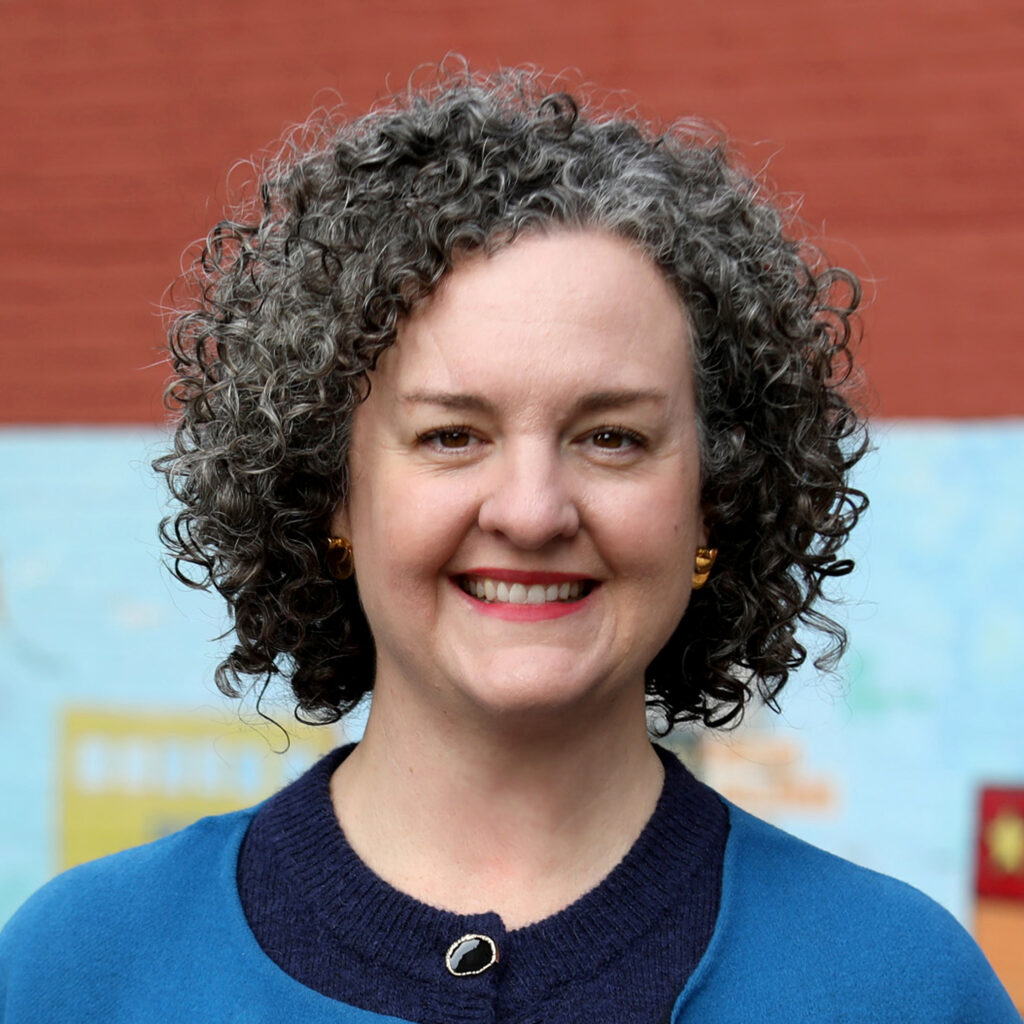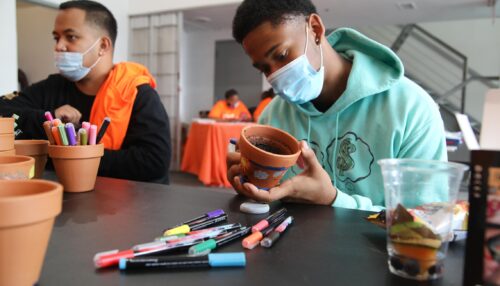About the Center for Justice Innovation
The Center for Justice Innovation is a community justice organization that centers safety and racial justice. Since our founding in 1996, the Center has partnered with community members, courts, and the people most impacted to create stronger, healthier, more just communities. Our decades of experience in courts and communities, coupled with our field-leading research and practitioner expertise, help us drive justice nationwide in innovative, powerful, and durable ways.
Key Information
We help people who are in the legal system or at risk of system-involvement build stronger futures through alternatives to incarceration, supportive services, and a human-centered approach to addressing underlying challenges like poverty, housing instability, substance use issues, or mental health needs.
Across the New York City region, we create and operate innovative programs to address challenges identified by community members and work to ensure everyone can live in a truly safe neighborhood.
Across the country, we use field-leading research to learn from our on-the-ground work and inform how we spread those lessons through our technical assistance work.
Who Are We?
We are attorneys, social workers, community organizers, researchers, urban planners, trainers, mentors, and people with lived experience in the justice system, all united by a common mission: to reimagine justice and build safe communities.

Chief Executive Officer: Courtney Bryan
Center for Justice Innovation CEO Courtney Bryan has dedicated her career to supporting practical, evidence-based solutions that make communities safe, reduce the harms of justice system involvement, and promote equity and racial justice. In New York and nationally, she has worked with communities, court systems, and the public and private sectors to develop ground-breaking alternatives to incarceration, elevate the voices of those impacted by the justice system, and transform systems to build safety, strengthen communities, and increase fairness, transparency, and accountability.
Since taking the helm in 2020, Bryan has built the Center into one of the nation’s largest and most successful justice reform organizations. She led the Center’s pivot during the Covid-19 pandemic to support communities in need of food, medical services, and housing security while also working with courts to ensure clients had access to virtual hearings and case management. Under her leadership, the Center has overseen the expansion of new programming, such as Supervised Release, eviction-prevention initiatives, and community-led public safety initiatives, while investing in new supports staff supports to strengthen professional development, individual well-being, and diversity.
Bryan received her J.D. from Temple University School of Law and is a member of the Council on Criminal Justice and a Commissioner on the Independent Rikers Commission.
Read Full Bio





